Glasgow Skin Tag Removal: Unaddressed Risks and Impact on Well-Being

Skin tags, though often benign, can lead to health risks if untreated, including infection and poten…….
Understanding Glasgow Skin Tag Removal
Skin tags, also known as acrochordons, are small, benign skin growths that resemble a piece of hanging skin. While generally harmless, they can be a cosmetic concern for many individuals. Glasgow Skin Tag Removal refers to the various methods employed to remove these skin growths, named after the procedure developed by Dr. Geoffrey K. Hamilton-Baillie, a dermatologist from Glasgow, Scotland. This method involves the use of sterile surgical scissors to snip off the skin tag at its base with precision and care.
The significance of Glasgow Skin Tag Removal lies in its efficiency, safety, and cost-effectiveness compared to other treatment modalities such as cryotherapy or electrosurgery. It is a minimally invasive procedure that can be performed quickly in a primary care setting without the need for anesthesia.
Global Impact and Trends
The global demand for skin tag removal has been on the rise due to increasing awareness of cosmetic dermatology and the availability of safe, effective treatment options like Glasgow Skin Tag Removal. This trend is evident across various demographics, with a notable increase in patients seeking aesthetic improvements. The prevalence of skin tags varies by region, with higher incidences reported in older populations, obese individuals, and those with diabetes or hormonal imbalances.
Economic Considerations
The economic impact of Glasgow Skin Tag Removal is multifaceted. It represents a niche market within the broader healthcare and cosmetic industry. The cost-effectiveness of this procedure compared to other treatments makes it an attractive option for both patients and healthcare providers, potentially increasing the overall volume of procedures performed. This, in turn, can drive economic growth in regions where it is commonly practiced.
Investment patterns in dermatological technologies have shown a growing interest in methods like Glasgow Skin Tag Removal, reflecting the industry’s focus on patient comfort and satisfaction. The demand for such procedures has led to increased investment in training for healthcare professionals, as well as in the development of new tools and techniques that enhance the efficiency and safety of the removal process.
Technological Advancements
The field of dermatology has seen significant technological advancements that complement the Glasgow Skin Tag Removal method. Innovations such as improved surgical instruments, precision-engineered scissors, and advanced biopsy tools have enhanced the procedure’s efficacy and patient outcomes. The integration of digital health records allows for better tracking and management of skin tag removal treatments, leading to improved care and follow-up.
Furthermore, telemedicine platforms are increasingly being used to educate patients about skin tag removal options, including Glasgow’s method. This technological evolution has the potential to expand access to care, even in remote or underserved areas.
Policy and Regulation
The policies and regulations governing skin tag removal procedures like Glasgow’s vary by country and are subject to local medical standards and practices. In many regions, these procedures are regulated to ensure they are performed by qualified healthcare professionals, typically dermatologists or trained primary care physicians. The legislative framework also addresses patient safety, consent, and the disposal of removed tissues.
Challenges and Criticisms
One of the main challenges faced by Glasgow Skin Tag Removal is ensuring that it is performed only by qualified professionals to prevent complications such as bleeding, infection, or scarring. Another challenge is overcoming the stigma associated with skin tag removal, which is often viewed as a cosmetic concern rather than a health issue.
Critics of the procedure may argue that it should not be performed unless medically necessary due to potential risks. However, proponents highlight the minimal risks when performed correctly by trained professionals and emphasize the importance of patient education and informed consent.
Case Studies
Several case studies demonstrate the successful application of Glasgow Skin Tag Removal. For instance, a study published in the British Journal of Dermatology highlighted a series of cases where the procedure was performed with excellent outcomes and high patient satisfaction. Another case study presented at an international dermatology conference showcased the removal of numerous skin tags in a single session, illustrating the efficiency of the method for patients with multiple growths.
Future Prospects
The future outlook for Glasgow Skin Tag Removal is promising, with potential for further integration into primary care settings and expansion into new markets. The development of training programs for healthcare providers will likely increase, ensuring a larger pool of skilled professionals capable of performing the procedure safely and effectively.
Emerging trends suggest a continued focus on patient-centered care, with an emphasis on minimally invasive procedures that offer quick recovery times. Research into new technologies that can improve the precision and safety of skin tag removal is also likely to be a growth area in dermatology.
Conclusion
Glasgow Skin Tag Removal stands as a significant contribution to the field of dermatology, offering a safe, efficient, and cost-effective solution for the removal of skin tags. Its global impact is reflected in the increasing demand for such procedures, the economic considerations it presents, and the technological advancements that complement it. Addressing challenges and criticisms through rigorous training, policy adherence, and patient education will further solidify its role in dermatological care.
FAQs
Is Glasgow Skin Tag Removal safe?
Yes, when performed by a trained healthcare professional, it is considered safe. The procedure has minimal risks and complications.
Can Glasgow Skin Tag Removal be performed in a primary care setting?
Yes, it is designed to be performed in a variety of settings, including primary care offices, ensuring accessibility for patients.
Is Glasgow Skin Tag Removal covered by insurance?
Coverage varies by insurer and region. It is often considered a cosmetic procedure; however, if skin tags are medically diagnosed as problematic or concerning, many insurers will cover the removal, including Glasgow’s method.
How effective is Glasgow Skin Tag Removal compared to other methods?
Glasgow Skin Tag Removal is highly effective and often results in immediate removal with minimal scarring. It is comparable to other methods but offers quicker recovery times and lower costs.
What is the typical recovery time after Glasgow Skin Tag Removal?
Recovery time is typically very short, ranging from a few days to a couple of weeks, depending on the size and number of skin tags removed.
This summary provides an overview of Glasgow Skin Tag Removal, its global impact, economic considerations, technological advancements, policy and regulation challenges, case studies, future prospects, and addresses common questions regarding the procedure. It underscores the importance of this method in dermatology and its potential for continued growth and improvement in patient care.

Skin tags, though often benign, can lead to health risks if untreated, including infection and poten…….

Glasgow Skin Tag Removal involves understanding causes like friction, genetics, and lifestyle. OTC t…….
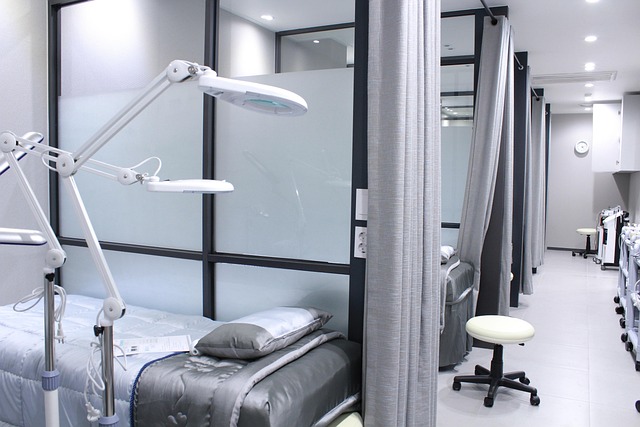
Glasgow residents have diverse options for skin tag removal, catering to aesthetic preferences and m…….

Unwanted skin growths like tags, warts, moles, and keratoses can be addressed through various method…….
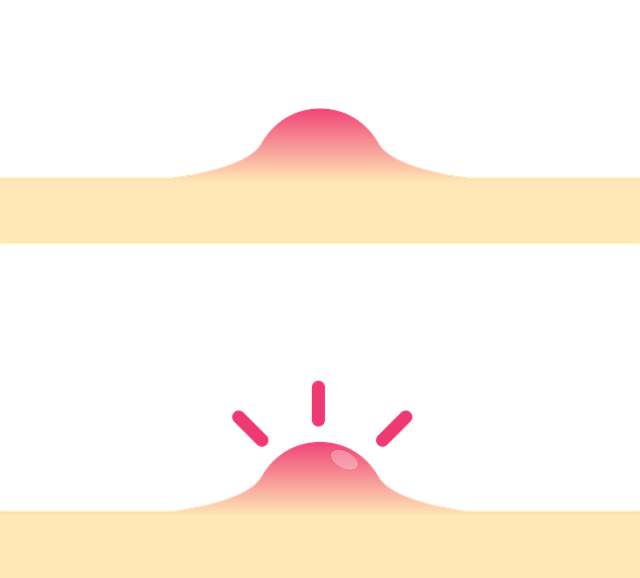
Skin tags, common benign growths caused by various factors, can pose health risks if untreated in Gl…….

Unwanted skin growths like warts, moles, and tags are common due to viral infections, genetic factor…….

Skin tags, caused by friction and irritation, can be prevented through healthy habits like good skin…….

Skin tags, caused by genetic factors, obesity, hormonal changes, and friction, are common in urban a…….
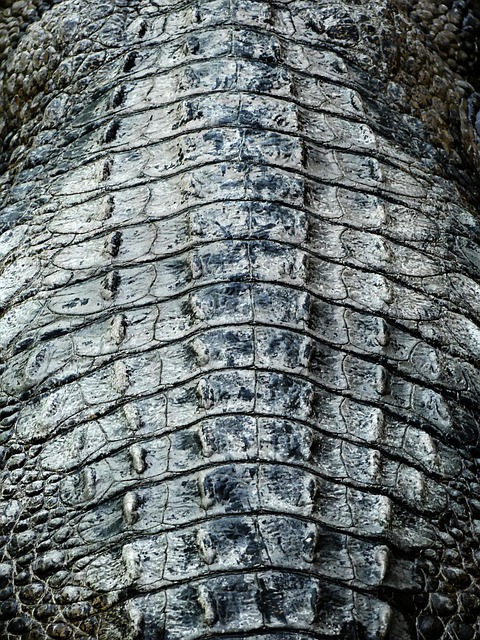
Skin tags, caused by friction, genetics, hormones, and aging, are benign growths that can be removed…….

This section offers a comprehensive guide to effective Glasgow Skin Tag Removal, emphasizing structu…….

Skin tags, harmless growths caused by various factors, can be managed and prevented by identifying t…….
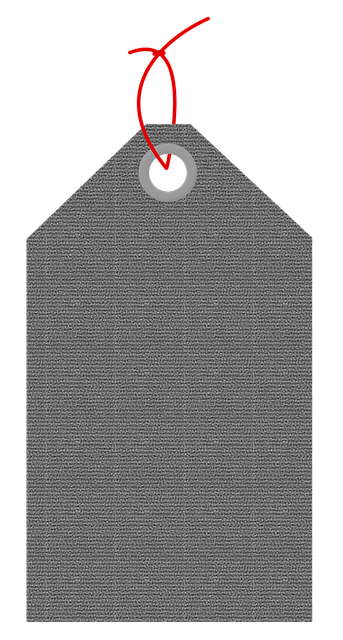
Skin tags, caused by friction, hormones, genetics, obesity or diabetes, prompt Glasgow residents to…….

Skin tags, common in Glasgow adults, can be removed using liquid nitrogen, a safe and effective meth…….

This guide focuses on safe and effective Glasgow Skin Tag Removal using vinegar as a home remedy. St…….

Skin tags in Glasgow often require removal for cosmetic reasons. Surgical procedures, under local an…….

Skin tags, common growths where skin rubs, have various types requiring understanding for effective…….

Skin tags, caused by friction, trauma, hormones, obesity, and age, can be prevented through skincare…….

Glasgow Skin Tag Removal offers diverse options from at-home remedies to professional procedures. Cr…….

Skin tags, common in Glasgow, are harmless growths caused by friction, hormones, or obesity. Non-inv…….
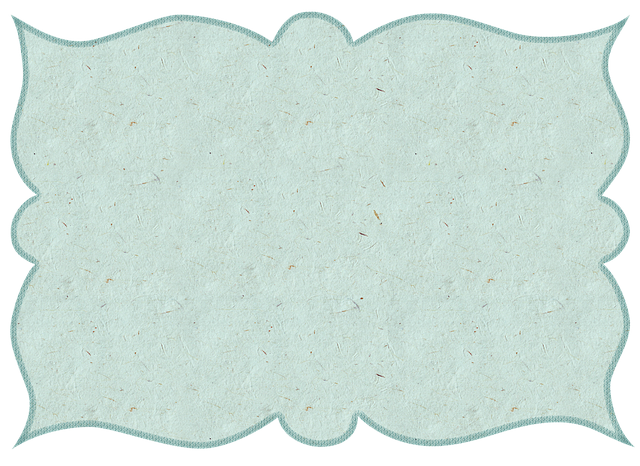
Skin tags, caused by friction and irritation, can be removed professionally in Glasgow. Understandin…….

Glasgow residents and visitors often face benign but unwanted skin tags, caused by friction, hormona…….
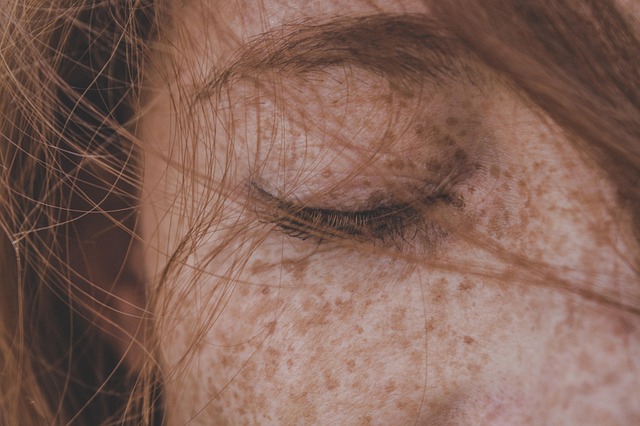
Skin tags in Glasgow are removed through surgical excision or non-surgical methods like cryotherapy,…….
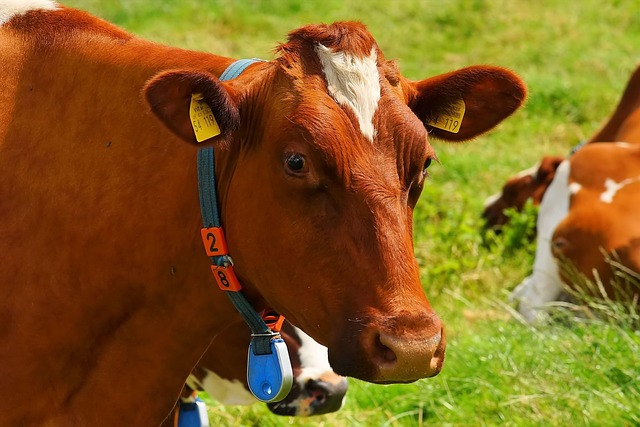
Cryotherapy, using liquid nitrogen, is a popular and non-invasive skin tag removal method in Glasgow…….

Skin tags, or acrochordons, are common non-cancerous growths caused by friction and genetic factors……..
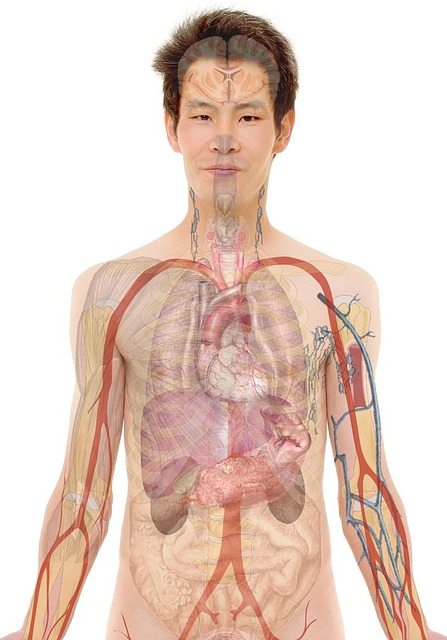
Skin tags, soft bumps from skin cell overgrowth, commonly appear in sensitive areas like groin and a…….

Skin tags, benign growths common in folded areas, vary in size and cause. Glasgow offers diverse non…….

Skin tags in sensitive areas like Glasgow often require professional removal for safe and effective…….
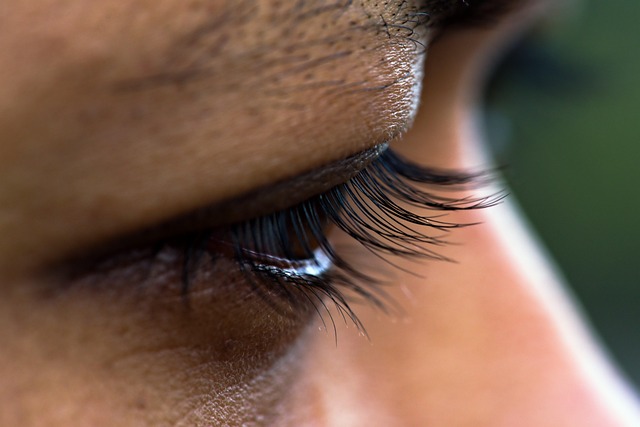
Glasgow Skin Tag Removal offers diverse options from non-surgical (cryotherapy, laser, topical cream…….

Skin tags, common in Glasgow, range from harmless fibromas to warts, requiring tailored removal meth…….
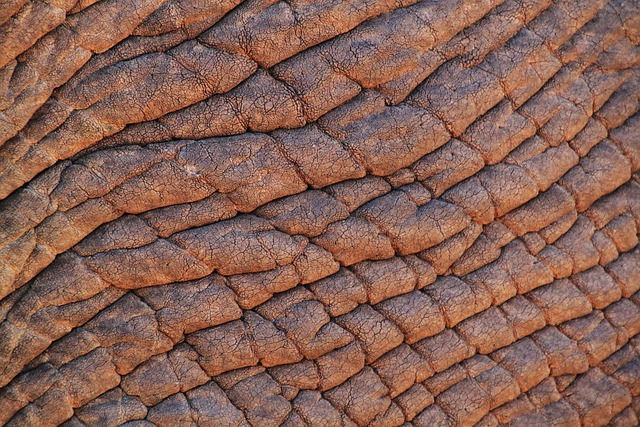
Glasgow Skin Tag Removal using apple cider vinegar (ACV) leverages acetic acid to dissolve tags and…….

Skin tags, common in Glasgow, are soft growths caused by friction. They vary in size and type, with…….

Skin tags, common in Glasgow Skin Tag Removal cases, are soft growths often caused by genetics, horm…….

Skin tags, though harmless, are common cosmetic concerns in Glasgow, prompting many to seek Glasgow…….
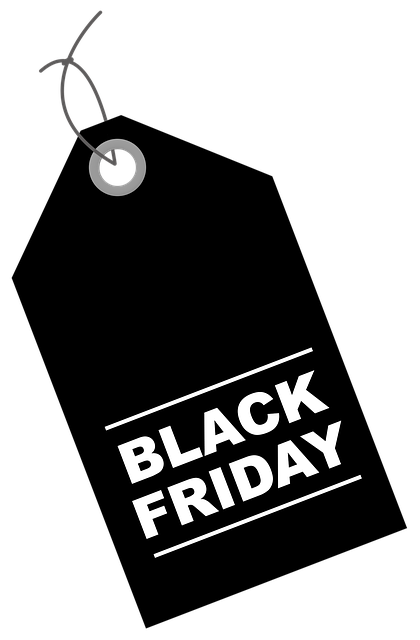
Skin tags, medically known as acrochordons, are common but can be aesthetically troubling. Their rem…….

Skin tags, caused by friction and trauma, can be managed through Glasgow Skin Tag Removal strategies…….

Skin tags, caused by friction, weight gain, etc., are small growths that can be removed for cosmetic…….
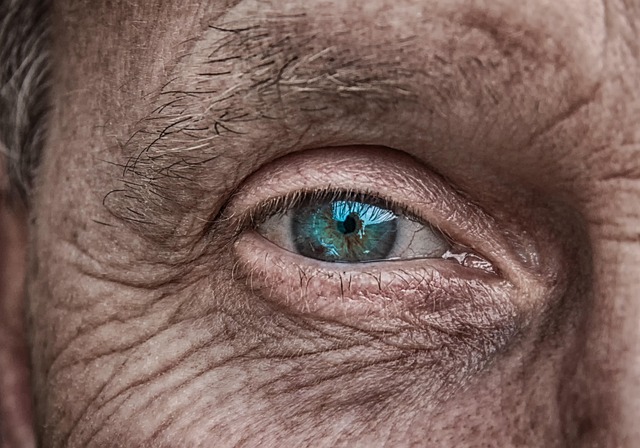
Skin tags, caused by friction or genetics, are commonly removed for cosmetic reasons in Glasgow. Hom…….

Skin tags, or acrochordons, are small growths caused by cell overgrowth due to friction, commonly ap…….

Skin tags, benign growths linked to collagen and friction, can be removed via professional Glasgow S…….
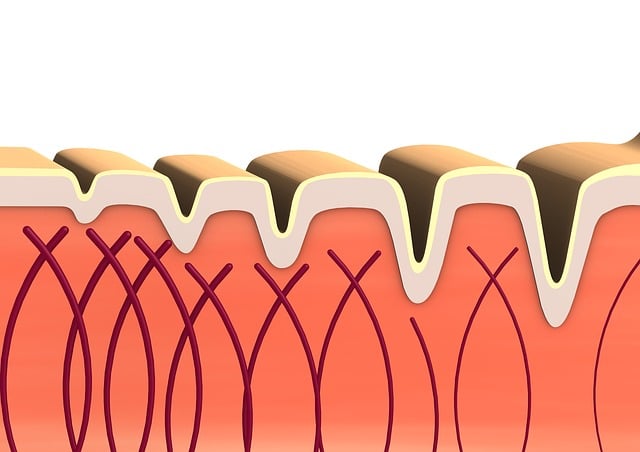
Skin tags, caused by friction, genetics, and age, are common growths that can be aesthetically bothe…….

Skin tags on the face, ranging in size and type (acrochordons, sebaceous cysts, papillomas), can be…….
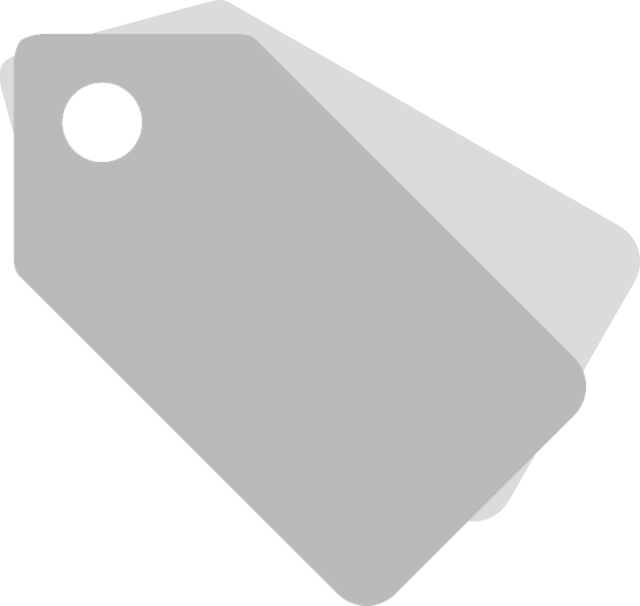
Preventing skin tags in Glasgow requires a multi-pronged approach: maintain regular hygiene, gently…….
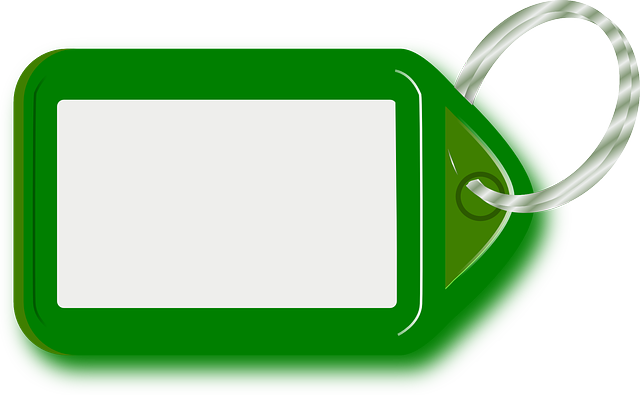
Skin tags, medically known as acrochordons, are benign growths commonly found in various body region…….

Skin tags, caused by friction and irritation, are benign growths treatable with over-the-counter (OT…….

Skin tags, inherited from parents, are common benign growths that can cause discomfort. In Glasgow,…….

Skin tags, caused by friction and trauma, are common growths treatable in Glasgow Skin Tag Removal……..

Skin tags, caused by friction or irritation, can be inherited or triggered by hormonal changes and w…….

Skin tags in Glasgow are benign growths caused by friction or irritation, with prevention focusing o…….

Skin tags, genetic and often associated with obesity or skin conditions, are common in adults over 4…….

Skin tags, common growths in friction-prone areas, can be removed through various methods in Glasgow…….